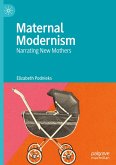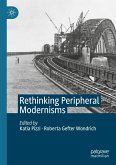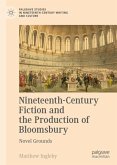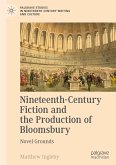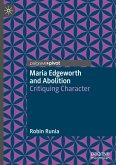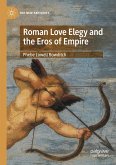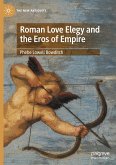Drawing on the figure and discourses of the Victorian fin-de-siècle New Woman, this book examines women writers who struggled with conservative, patriarchal ideologies of motherhood in novels, periodicals and life writings of the long modernist period. It shows how these writers challenged, resisted, adapted and negotiated traditional ideas with their own versions of new motherhood, with needs for identities and experiences beyond maternity. Tracing the period from the end of the nineteenth century through the twentieth, this study explores how some of the numerous elements and forces we identify with modernism are manifested in equally diverse and often competing representations of mothers, mothering and motherhood. It investigates how historical personages and fictional protagonists used and were constructed within textual spaces where they engaged critically with the maternal as institution, identity and practice, from perspectives informed by gender, sexuality, nationhood, race and class. The matrifocal literatures examined in this book exemplify how feminist motherhoods feature as a prominent thematic of the long modernist era and how rebellious New Woman mothers provocatively wrote maternity into text and history.
Bitte wählen Sie Ihr Anliegen aus.
Rechnungen
Retourenschein anfordern
Bestellstatus
Storno


